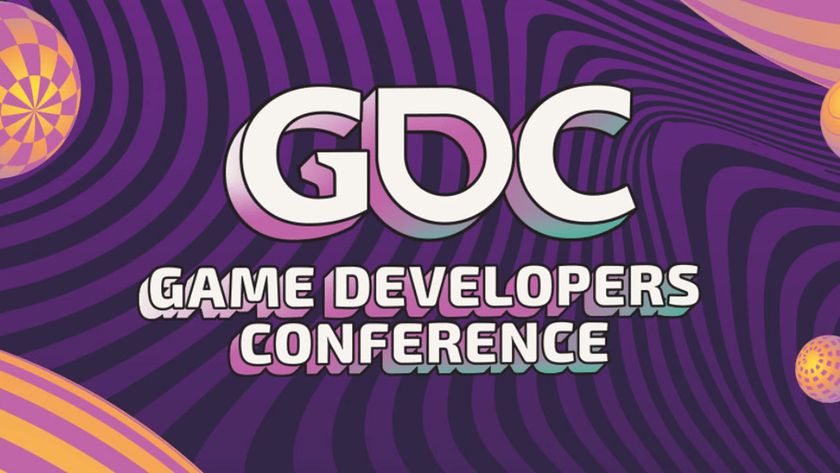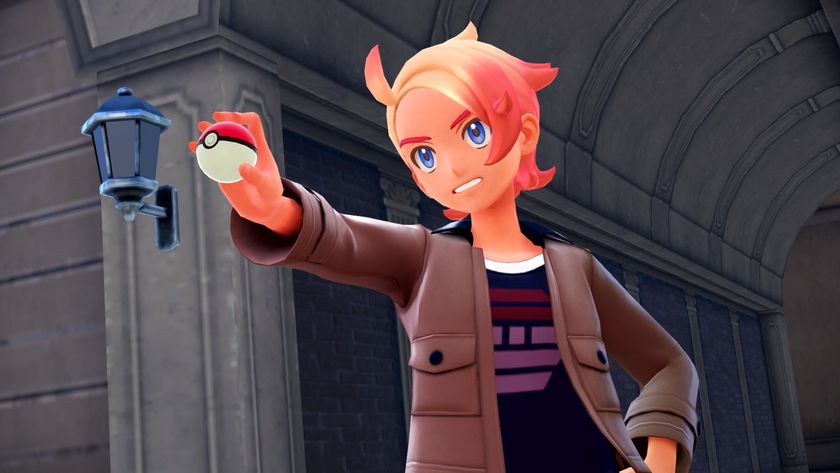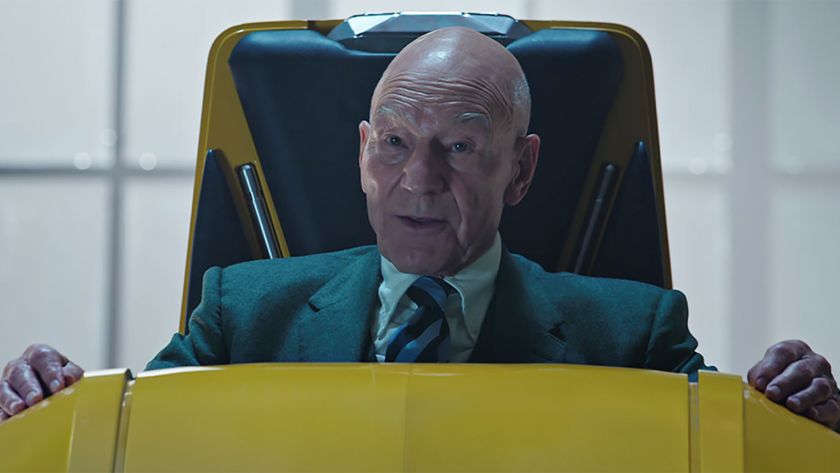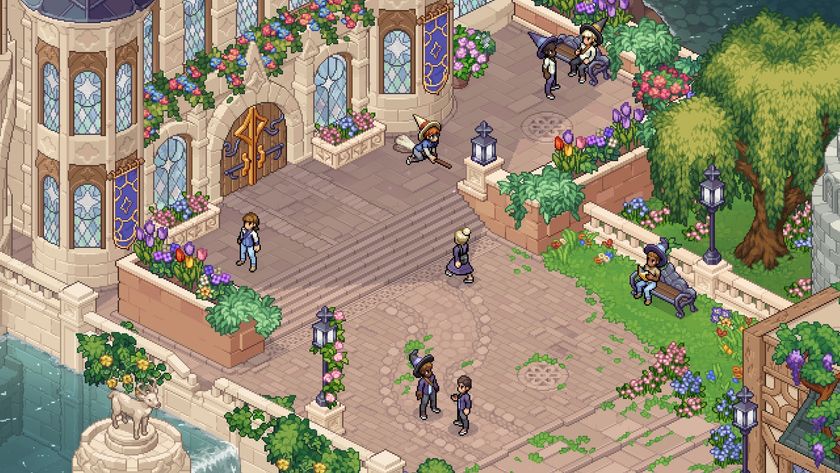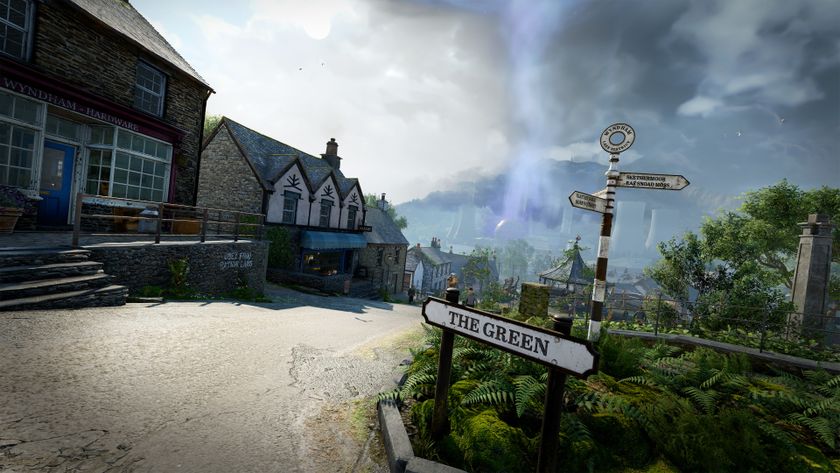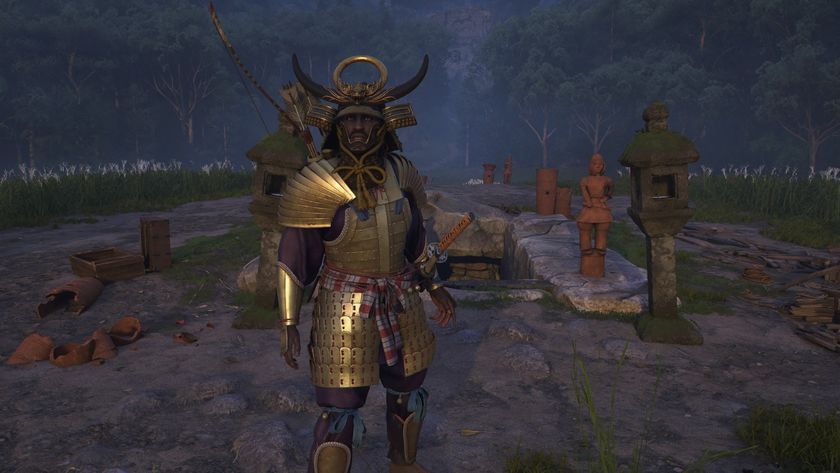The decline of modding
Has modding passed its heyday to become a shadow of its former self?
Placing the blame of the decline in mods solely on muppets within the community is unfair. The sheer size and complexity of today’s games makes the challenge insurmountable. “The scale and expectation has changed, just as it has done for the base games,” says Alan Wilson, Vice President of Tripwire Interactive (modders-turned-developers who made Red Orchestra for UT2003). Asset production time has increased tenfold since Half-Life, and the amount of detail in modern game worlds is staggering. “Add in the fact that the software gets more expensive and complex,” continues Wilson. “I’m not saying earlier modders weren’t talented, it’s just that the skill expectations matched the games of the period. Just as the games become ever more complex and expensive to create, so do the mods.”
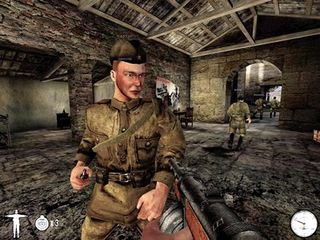
Above: Red Orchestra turned UT2003 into a gritty war sim
As modders changed, so too has the audience. Parkes-Haskell elaborates: “There was a time when gamers forgave animations popping from one to another or subtitles rather than voice acting, because professionals did the same. You could create a mod that made use of the skills you were good at, and use quick tricks like text subtitles or crude animation to fill in the areas you weren’t so good at. You could be a one-man team, and release something that had enough polish to impress. Now people expect that polish across every aspect.”
The decline in mods might also be attributed to the industry itself. When the modding scene flourished, developers snapped up the talent. Legions of former modders now work in the industry: from Kaos Studios, creators of the Desert Combat mod for BF1942, who went on to make Frontlines: Fuel of War; to Blue Omega, whose UT2003 Damnation mod is set for commercial release. Wilson recalls how TripWire started off as “just another mod team”, working on the Red Orchestra mod for UT2004. The team funded a retail version of their game after winning NVIDIA’s Make Something Unreal contest. Splash Damage, according to Gaffney, “ran the team exactly like a professional development studio. The difference was that we were spread all across the planet and no one got paid.”
As Reismanis points out, modders have a living resume in the form of a game you can view and play. This makes them incredibly valuable to companies - it’s also why so many get snapped up midway though projects. “A lot of the best modders already have jobs in the game industry, and mod by night to either learn the trade, or exercise their creativity within in it,” he adds. Some say that developers should do more to encourage talent in the modding community. Splash Damage, for example, have an Editing Wiki ontheir site, containing all their editing documentation and tutorials. Meanwhile, the newMake Something Unrealcontest should kick-start the currently underwhelming Unreal Engine 3 modding scene.
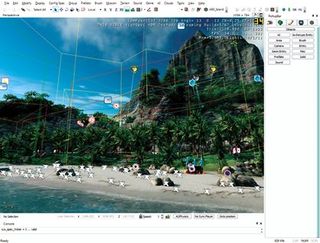
Crysis: A modder's heaven?
But, ultimately, ask yourself what you want from the mod scene. These days, you want blockbusters. You want them now and you often want them for free. And if it’s not Crysis, it’s probably not good enough. “I have to wonder where modders will stand in another five years time,” ponders Parkes-Haskell. “Will they just die out from a lack of appreciation?” Forget Hamlet or Macbeth - the death of mods would be truly tragic.
Sign up to the GamesRadar+ Newsletter
Weekly digests, tales from the communities you love, and more
May 14, 2008

